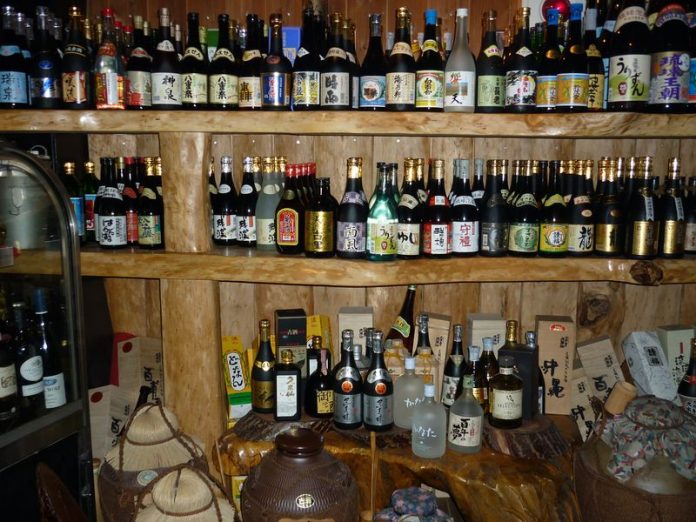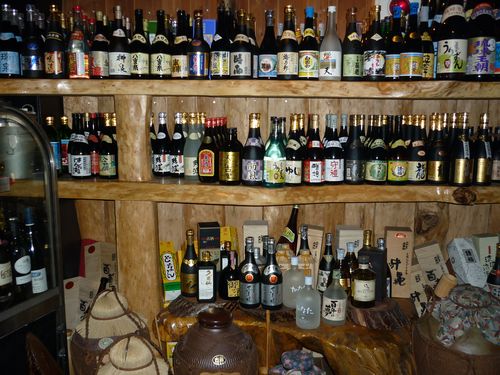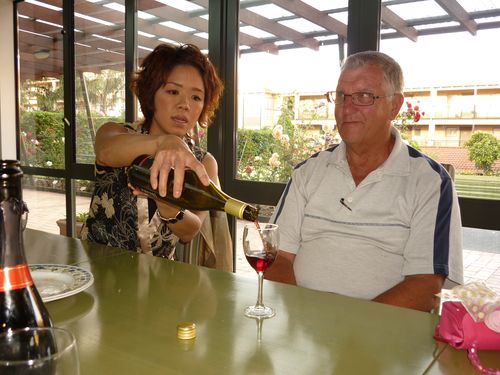CONTRIBUTED BY JANNINE MYERS
Dining out and/or drinking with Japanese friends and acquaintances is perhaps a regular event for many of you, but for those of you who have yet to experience this, here are some basic cultural tips:
If you’re invited out to a restaurant it’s probably safe to assume that your Japanese host is going to pay for your meal. However, common courtesy suggests that you should make an effort to pay, at least for your own meal. If after one or two attempts your host still insists on paying, it would be appropriate at this stage to express your thanks more than once, by saying “su-mi-ma-sen” (by using this phrase you are more or less apologizing for not paying). Once you’ve apologized, you can say “go-chi-so-sama-deshita” (you’re essentially thanking your host for providing a great meal).
Another useful expression to be aware of is “wari-kan” – if you’re ever out with a group of Japanese friends and you hear this phrase, it means that they would like everyone to split and share the cost of the bill.
Pouring drinks for one another is customary in Japan and although it may take some getting used to, you should definitely try to refrain from filling your own glass. As soon as your glass is near empty, it is likely that someone sitting beside or opposite you will reach for the nearest bottle of alcohol and refill your glass. Likewise, you should do the same for your friends; just pick up the bottle and offer to pour.
- If you have had enough to drink, make sure not to empty your glass. In doing so, you will prompt another refill. Here is where things get kind of tricky; it’s been my experience that drinking with Japanese friends involves a little more than just friendly socializing. The drinking environment tends to be a place where everyone can relax and truly express their thoughts and feelings, so resisting that second or third drink may be more difficult than you think. The best advice I can give if you find yourself in a situation where “saying no” isn’t readily accepted, is to keep smiling and simply keep your glass full.
- Wait for the “kan-pai” before you take a sip of your drink. Quite often a toast will be said before everyone starts drinking; this isn’t always the case but just take your cue from everyone else. If it looks as if a toast is about to be made, then hold off on taking that first sip, wait for everyone to raise their glasses, and then join in with a celebratory “kan-pai.”
With that being said, “Here’s to new friendships and new experiences! Kanpai!”




